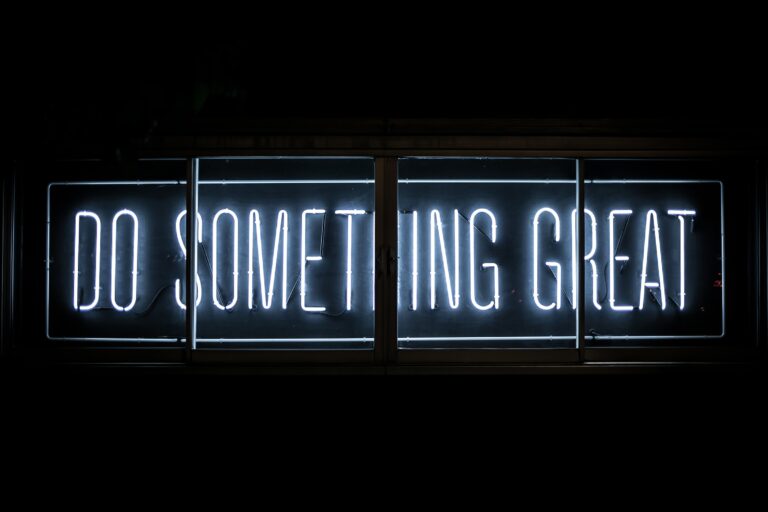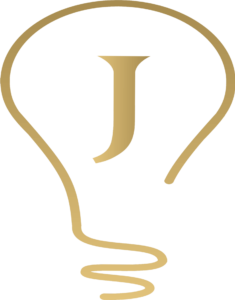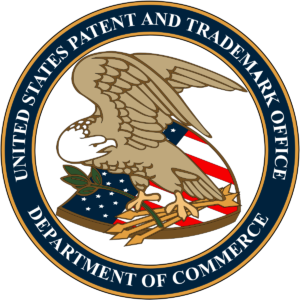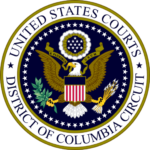It is challenging for anybody who has a good business idea or invention to know whether it is patentable. Anyone can do a patent search and read the patent statutes, but much of that information can be misleading. There are steps you can take to make sure that your idea will be patentable – and it doesn’t involve reading the patent statutes. Here are three key things to look for when deciding if an invention is patentable:

If you think of a new business or even just a new invention, the critical question is: ‘What useful thing, or things, or service will this enable?’ Not ‘will this be popular?’ but ‘what useful purpose does it fulfill?’
Usefulness is essential because people want to know why they want the new product and how it will affect the existing situation. If people feel that the new product does not provide them with any usefulness, then the idea will not succeed.
The idea can be either an improvement on something old or innovation that has never existed before. It can be a new way of doing something, or it can be completely out in the left field. It would be best if you avoided any idea that is too close to one that already exists in the real world. That’s what the market is. To put new and better ideas into practice, not to try them in your head first. You don’t want someone else coming up with your great idea and selling it first.
Most new ideas fail. That isn’t because founders are stupid or because they’re trying to do something they can’t do. It’s because most of them aren’t solving a real and felt a problem in their target market. Many inventors think that patents and prototypes are the most important thing. Still, ultimately, neither of them has much to do with what makes a new idea succeed or fail.
It is necessary to imagine a purpose for applying a new invention. New technology may have possibilities that are not immediately obvious. Still, those possibilities must relate in some way to human needs if the idea is to be successful. So the first task of a new inventor is to ask: How might this technology become useful? The answer will be different in each case, but it’s not an easy question, and it usually takes much hard thinking.
Run your idea past an inventor, engineer, and attorney for free advice.


When you’re developing a new business idea or prototyping a new invention, it’s easy to get lost in the details. But there are some things you can do ahead of time to help protect your idea.
When we meet with a new client, one of the first things we do is have the person who came up with the idea tell us the story of how it came to them. Later, we discuss whether they have told anyone else yet. If they haven’t, our next step is to get them to write down as much of their idea as they can remember on paper or electronically. We then examine that document to make sure they have not revealed too much and are on a solid legal foundation before they work on developing the idea further.
One of the most important things, if not the most important thing, to remember is that you must protect your idea. Since it’s a new business, there are probably many things like it out there or soon to be. If you don’t protect it, someone else will beat you to it and make money off your idea – possibly even using your work in their business.
If you want to invent something new or start a business, there are some absolute rules. Unfortunately, they mostly boil down (again) to this: don’t infringe anyone else’s patents. You need to ensure that no one has already protected your primary idea. You may have to modify it if they have, so someone else’s patent does not protect your idea.
This time can be exhilarating, especially if you have never run your own company before. You may have invented a new product or process and found that it has real commercial potential. The initial enthusiasm is laudable, but please don’t break the law usually without doing much homework. Our job is to make sure you don’t ignore the legal issues.
As an inventor and entrepreneur, you’ll benefit by taking the time to learn more about intellectual property law and understand what protection is available to you. The great thing is that it’s much easier than it used to be. Back in the old days, if you wanted to secure a patent on your idea, you had to draft a detailed description of your invention and make drawings or models. In addition, you had to pay out a ton of money to file various applications everywhere in the world where the idea, invention, or business needs protection.



Why do I need a lawyer for
A Trademark?
How can I tell what
Type of Patent?
How can I make
A Prototype?
Do I need a trademark or
Copyright?
Do I need an LLC
To Sell Online?
The Intellectual Property Attorney you hire to represent you and your business is one of the most important decisions you will ever make.
These are the values that guide this firm:
Having a lawyer is often the difference between success and failure. A good intellectual property lawyer is priceless. Without one, you’re basically out in the cold on your own. I have seen so much go wrong for clients’ businesses and even personal finances apart from the company.
– Jerry K Joseph Esq. Founding Attorney


Inventors, entrepreneurs, and creatives face unique problems. Most people never think about the headaches and frustrations in Intellectual Property law; those frustrations can be overwhelming. Many people give up before they ever start. I started this firm to fix that.
We use a flat-fee billing policy so that clients feel confident knowing that they will not be surprised by unexpected expenses. I demand that each client be provided with a level of care as if it were my patent application. I will even turn inventors away from filing patent applications if their ideas are not ready to be filed.
My firm and I dedicate ourselves to providing real-world, honest advice to help inventors. Our goal is to protect and prototype their ideas in the most cost-effective way possible.


© 2023 Law Office Of Jerry Joseph. All Rights Reserved